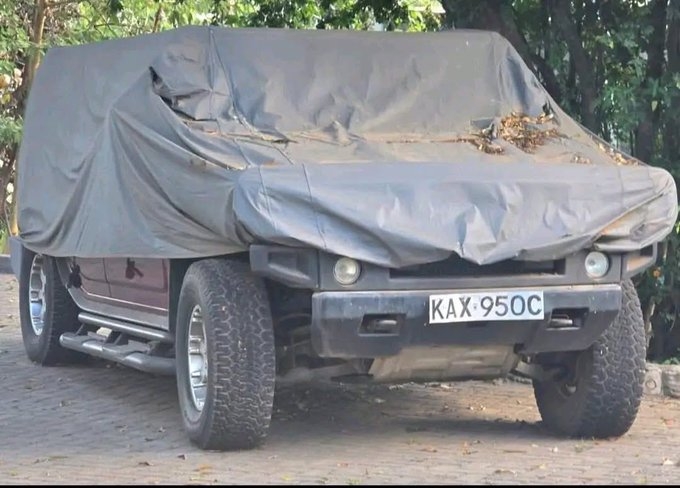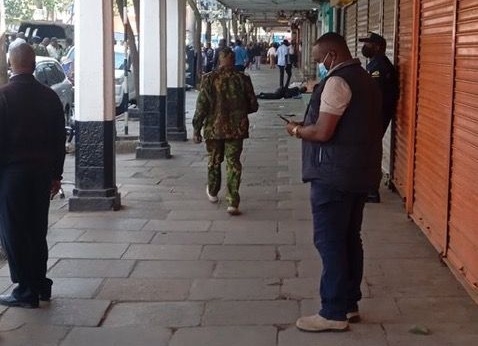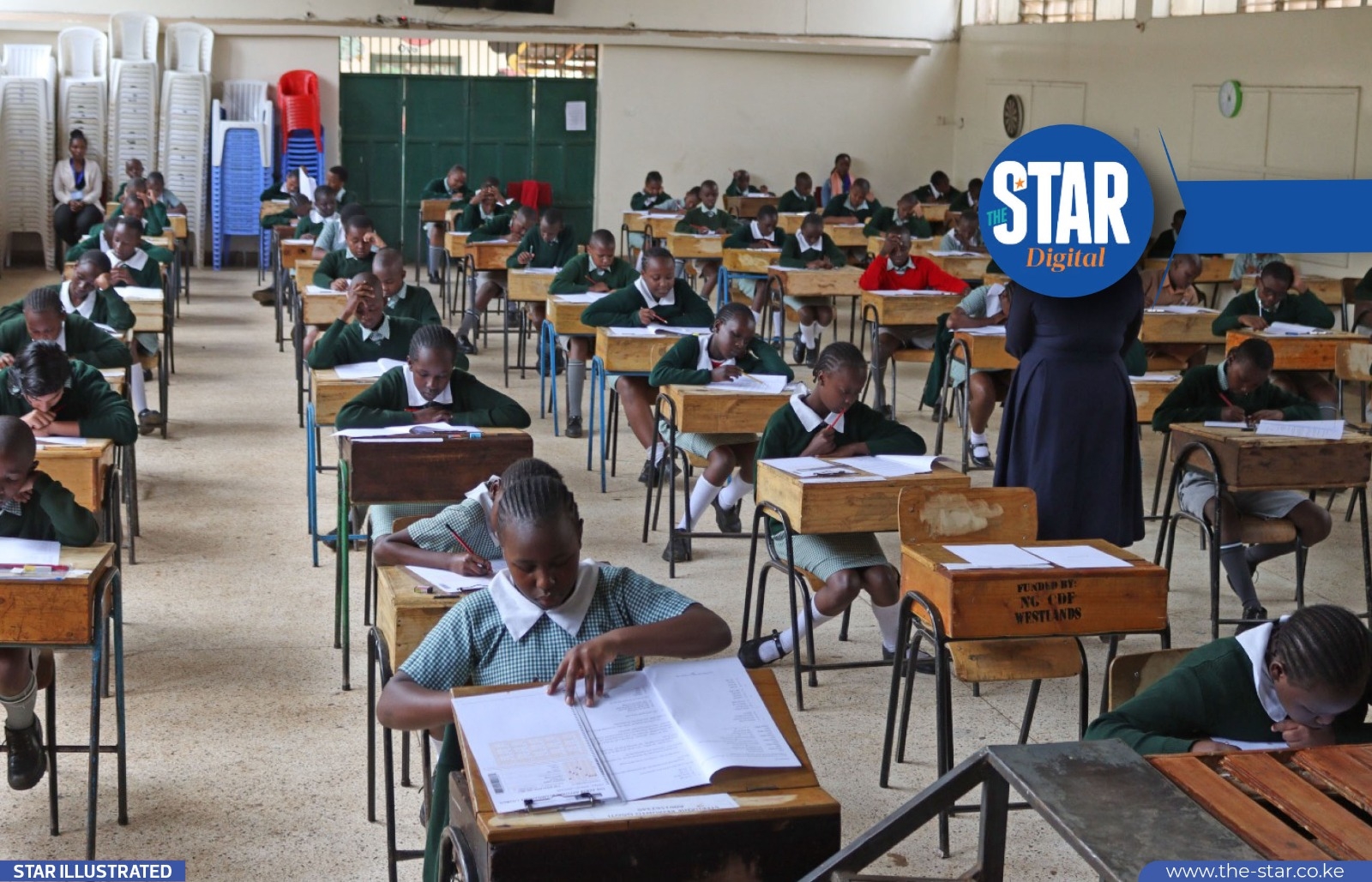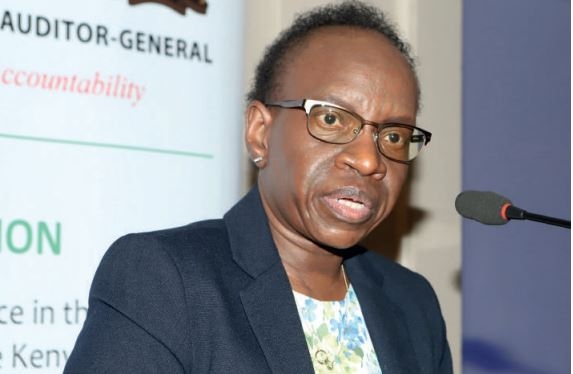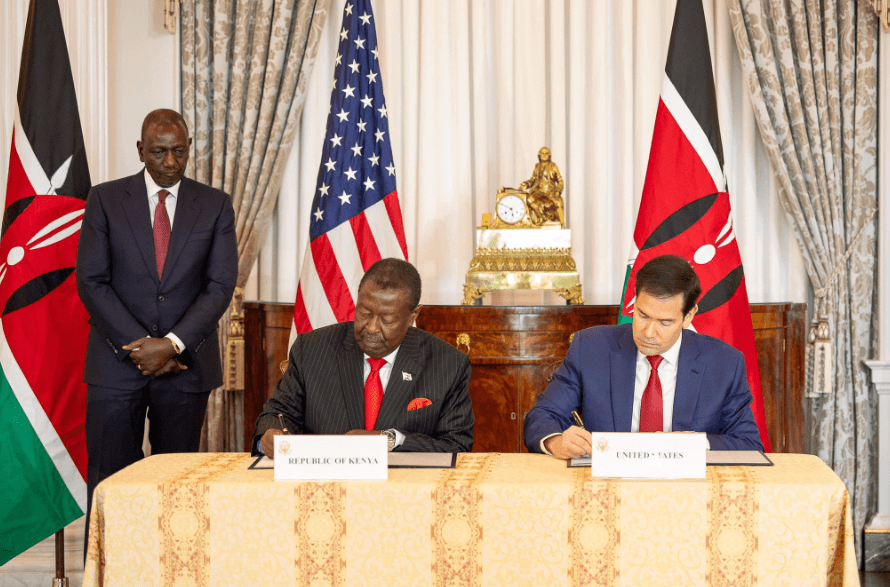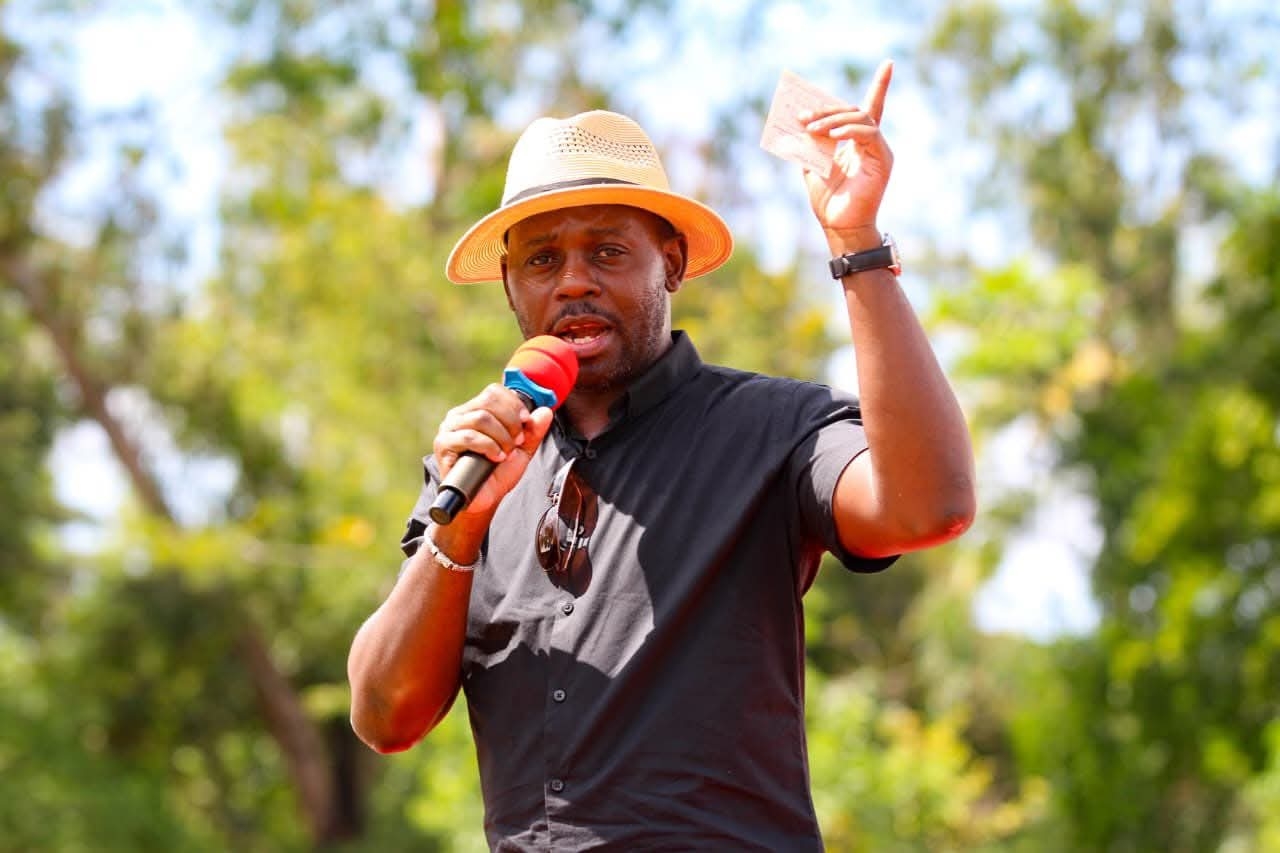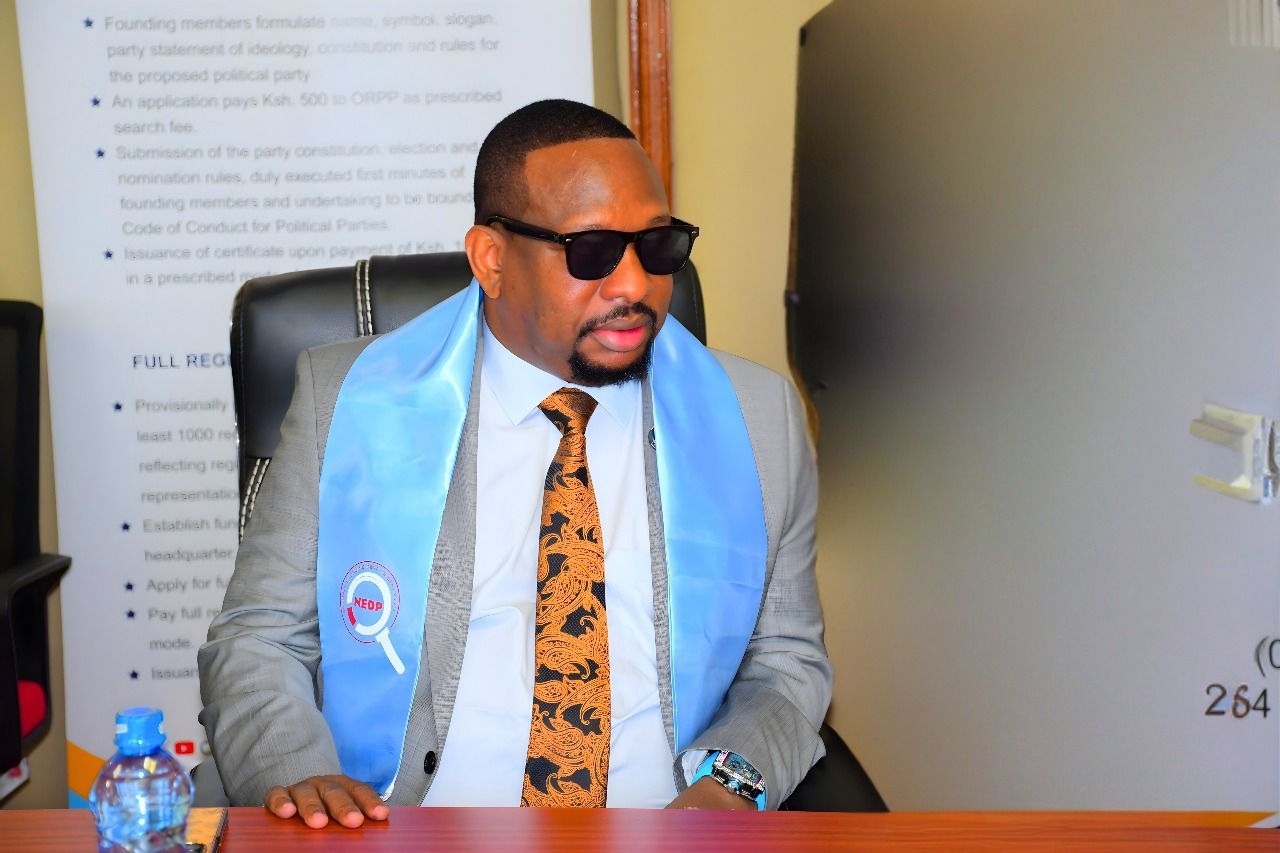Azimio leader Raila Odinga has accused President William Ruto of lying to Kenyans about increasing funding to the Education sector and enhancing capitation for all learners.
The President said the capitation has been increased during his New Year address to the nation at the State House, Nakuru, on December 31, 2023.
"Recognising the pivotal role of education, we increased allocations to the education sector by Sh127 billion, which enabled us enhance capitation for all learners, bringing us close to the dream of universal education from ECDE to the tertiary level," Ruto said.
But in a statement on Tuesday, Raila said the Kenya Kwanza administration has not added a single shilling to the Sh22,244 capitation per child set by the previous regime in 2018.
"There is a big disconnect between what the government says and what is actually implemented," Raila said.
"In the 2023–24 Financial Year, the Ruto administration disbursed only Sh3,327.87 per child instead of Sh22,244, a mere 14 per cent of the required amount. He owes each child some Sh18,916,13 or 85 per cent of what is needed," he added.
The Education sector received the lion's share of Ruto's Sh3.68 trillion maiden budget for the Financial Year 2023–24.
The amount was Sh84.2 billion more compared to the Sh544.4 billion President Uhuru Kenyatta allocated in his Sh3.31 trillion budget for the Financial Year 2022–23.
Junior Secondary Schools were allocated Sh25.5 billion in capitation.
On September 15, Basic Education PS Belio Kipsang said the Treasury released Sh16.2 billion as capitation for public primary, junior, and secondary schools.
"These capitations will be disbursed as follows; Junior secondary school, (Sh1.7 billion), Free Primary Education (Sh1.5 billion) and Free Day Secondary education (Sh12.9 billion)," Kipsang said.
Raila said, "It is not true that the Kenya Kwanza administration has enhanced any funding for free education."
"In 2008, the rate per learner was Sh10,625. This was increased to Sh12,870 in 2015 and then to Sh22,244 in 2018. Public secondary schools were also prohibited from charging tuition fees. Ruto has added noting to this limit," Raila said.
The opposition chief said most parents are struggling with the reality of increased school fees of between Sh40,000 and Sh90,000, amounts that are well beyond what most parents can afford as schools await to reopen on Monday next week.
In proposals fronted by the Kenya Secondary School Heads Association (Kessha), parents of students in day secondary schools will make contributions to their children for the first time in 15 years this January.
Day secondary school parents who have, since the advent of the Free Day Secondary Education programme in 2008, not paid a cent will now have to part with Sh5,372 per year.
Kessha pushed the fee hike proposal, saying school heads face pressure from suppliers due to the delayed release of capitation funds by the government and the high cost of living.
Chairperson Indimuli Kahi said on November 3, 2023, that the government owes schools up to Sh54 billion since 2019.
"The problem started when funding stopped being given out per term which came as 50-30-20 per cent to funding schools quarterly according to the financial year," Indimuli said.
Raila said the non-remittal of the requisite capitation to schools have accrued to over Sh69 billion starting from Third Term of the 2022/2023 Financial Year.
Indimuli said, during the period under review, the Ruto administration disbursed only Sh17, 339 instead of Sh22,244 per child.
This, he said, translates to a deficit of Sh4,905 of capitation monies per child and Sh18,101,294,280 cumulatively owed to schools in the Financial Year 2022/2023.
"Ruto owes secondary schools a total of Sh69,807,632,165. It is not even clear whether the paltry 14 per cent said to have been disbursed has actually been discharged," he said.
"Head teachers are struggling to meet the basic resourcing needs of their schools."
Raila explained that government’s own data shows that the country had 3,690,376 learners who required Sh82,088,723,744 in funding.
But the government approved only Sh64,421,865,698 where only Sh64,421,850,160 was disbursed to schools, leaving a deficit of Sh17,666,873,584.
"This left some 794,231 students without any form of funding," Raila said.
"So, which funding did the Kenya Kwanza government increase? Is Kenya Kwanza funding real or ghost learners and schools? he posed.
On December 31, 2023, Raila threatened to move to court to compel the Kenya Kwanza administration to release the full capitation to schools.
“We have tasked our MPs to push, and we also plan to go to court to force the Ministry of Education to release full capitation to both primary and secondary schools so that schools can start the year smoothly.” he said.
Raila said that denial of release of full capitation runs the risk of eroding fair and equitable access to education which will in the long run result in disparity among regions.


